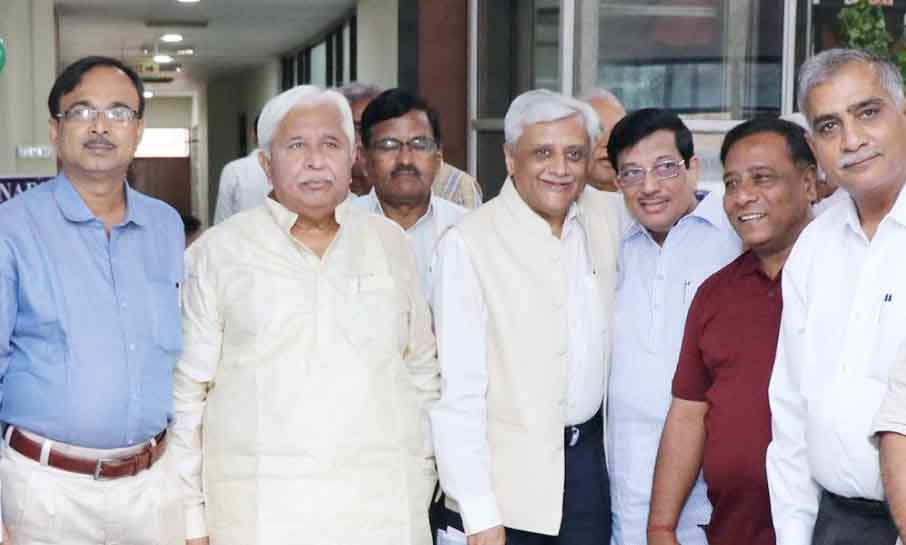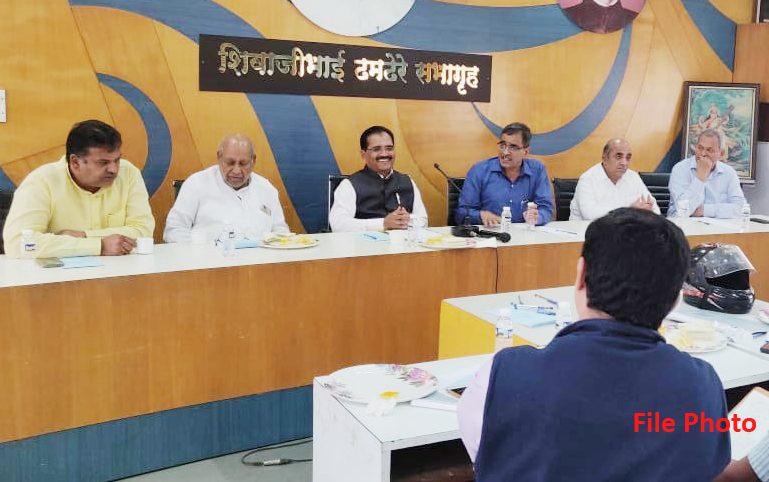The Urban Cooperative Banking sector seems headed for a division of opinion on the issue of RBI’s total control of the sector with the Pune based Urban Cooperative Banks deciding to oppose some provisions of the amendment. On the other hand, several Directors of Nafcub including its President Jyotindra Mehta have already hailed the govt move to amend BR Act and bring UCBs under total control of RBI.
The UCBs of Pune met recently and among other things, passed a resolution vowing to oppose the provisions in the amended Banking Regulation Act that are detrimental to the co-operative principles.
The meeting was attended by Maharashtra UCBs Federation Chairman Vidyadhar Anaskar, Cosmos Bank Chairman Milind Kale, Pune People’s Cooperative Bank Chairman CA Janardan Randive, Retd Chief General Manager Ratnakar Deole, Janata Sahakari Bank, Pune Chairman Sanjay Lele and other cooperators connected with UCBs.
The Pune Association decided to approach MPs, finance ministers, central government & Reserve Bank of India, & also take up the matter through Maharashtra UCBs Federation & NAFCUB, or take the legal recourse if need be.
In his opening remarks Pune UCBs association Chairman Adv. Subhash Mohite said, “There is confusion as to why the ordinance was hastily issued. Section 12 of the BR Act provides for allowing urban banks to issue their shares for sale and non-refund of their shares to existing shareholders which is contrary to the cooperative principles & provisions of the M.C.S. Act.
“Therefore, it is not understandable as to whether these banks are under the jurisdiction of the Registrar of Co-operative Societies or RBI”, he added.
Mohite underlined the provisions of the Act that are against the co-operative principles. Whether the merger of UCBs between one another could be successful. Whether the restrictions were imposed to drive urban co-operative banks out of the co-operative sector”, he asked.

Sharing his thoughts Maharashtra UCB Federation Chairman Vidyadhar Anaskar said, “The Ordinance has been promulgated and the question remains what next. We have two options, either to surrender or to fight against the provisions in the ordinance which are against the cooperative principles”.
Anaskar further said, “RBI says that professionalism is not there in the working of UCBs. If we consider the financial results published by the Reserve Bank of India on UCBs and other banks, the UCBs records are praiseworthy. All urban co-operative banks should dissociate themselves from the ordinance which is contrary to co-operative principles”, he suggested.
Several other speakers on the occasion said, “The implementation of Section 10 of the BR Act will have a major impact on the Boards of UCBs. Out of the total directors of UCBs, 51 percent are required to be experts in the field mentioned in the Act. The BoM to be set up in the UCBs will not be a shareholders bank”.
As, earlier according to the cooperative act, UCBs were allowed to re-pay the share amount to members but according to Section 12 of the BR act now UCBs are restricted to pay back the share amount to the members but they can raise the capital by issuing the member shares in the market with the prior approval of Reserve Bank. If UCBs sell the shares in the market, it may contradict the cooperative principle of ‘One Member One Vote’, experts opine.
